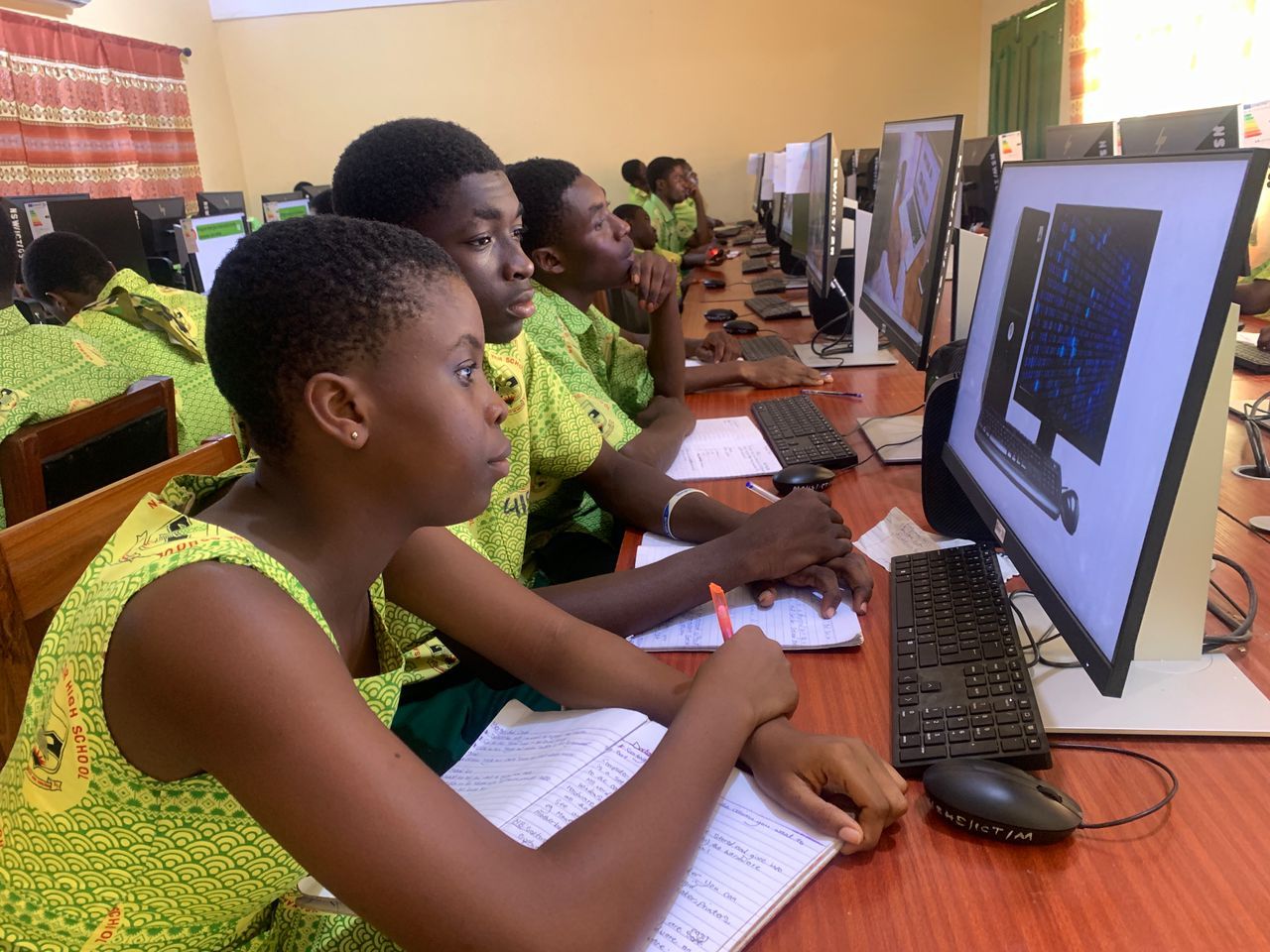A resource person plays a vital role in enhancing the teaching and learning process. Their importance is evident both before and during teaching, as they provide expert knowledge, real-world context, and support for effective instructional delivery.
Before Teaching:
- Planning and Curriculum Development:
Resource persons help in designing curriculum and lesson plans that are aligned with current industry practices and academic standards. They offer insights to ensure the content is relevant, up-to-date, and practical. - Content Expertise:
Teachers may not be subject-matter experts in every aspect of a topic. Resource persons bridge this gap by sharing specialized knowledge. They ensure that the information to be taught is accurate and thorough. - Training and Professional Development:
Resource persons can conduct workshops and training sessions for teachers, enhancing their skills and confidence in delivering content. - Material Preparation:
They may assist in developing teaching aids, case studies, or real-life examples that can be incorporated into lessons.
During Teaching:
- Enhancing Learning Experience:
Resource persons can be invited to classrooms as guest speakers or co-instructors, providing firsthand perspectives and real-world experiences. This exposure makes learning more engaging and meaningful for students. - Demonstrating Practical Applications:
They show how theoretical concepts apply in practical scenarios, which deepens student understanding. - Answering Advanced Questions:
Their expertise enables them to handle complex student queries that go beyond textbook content. - Motivating Students :
Interaction with professionals often inspires students by exposing them to potential career paths and success stories.
Conclusion:
As we thrive in making our lesson more interactive and attractive for learners we must also make room for a resource persons to enrich the educational process by bringing in-depth knowledge, real-life context, and professional perspectives. Their involvement, both before and during teaching, contributes significantly to the quality and effectiveness of education
 Yes off course, Gender Equity and Social Inclusion (GESI) is a cross cutting issue in my Ghana's new curriculum (Standard Based Curriculum), I have personally started practice it in my classroom and realise that it has indeed help rebuild confident in the both genders, especially the Girl Child, it has also encourage a high sense of togetherness and collaboration my classroom.
Yes off course, Gender Equity and Social Inclusion (GESI) is a cross cutting issue in my Ghana's new curriculum (Standard Based Curriculum), I have personally started practice it in my classroom and realise that it has indeed help rebuild confident in the both genders, especially the Girl Child, it has also encourage a high sense of togetherness and collaboration my classroom.